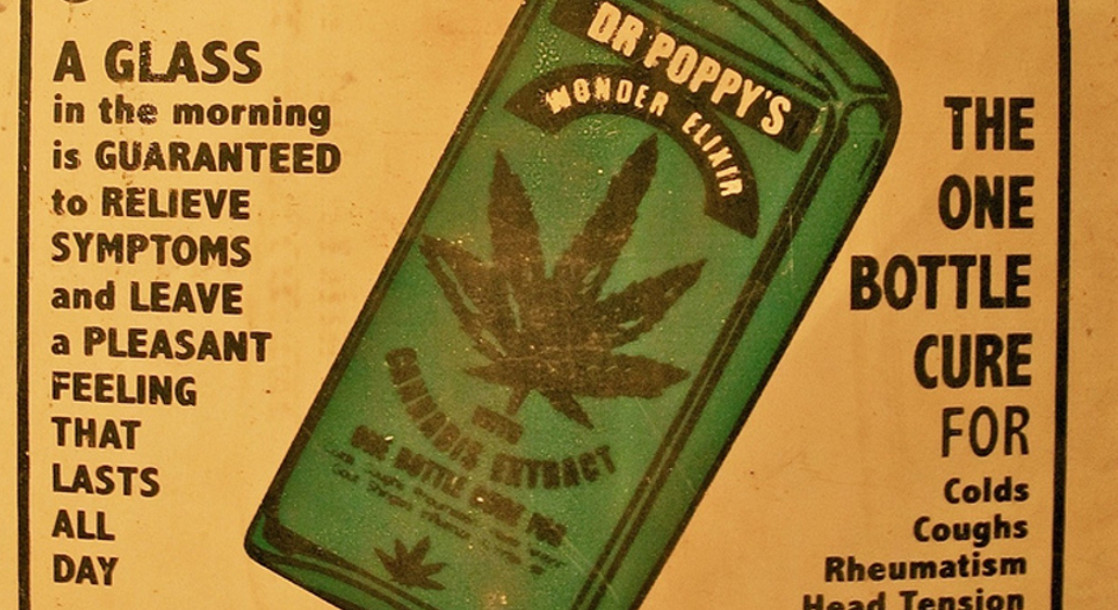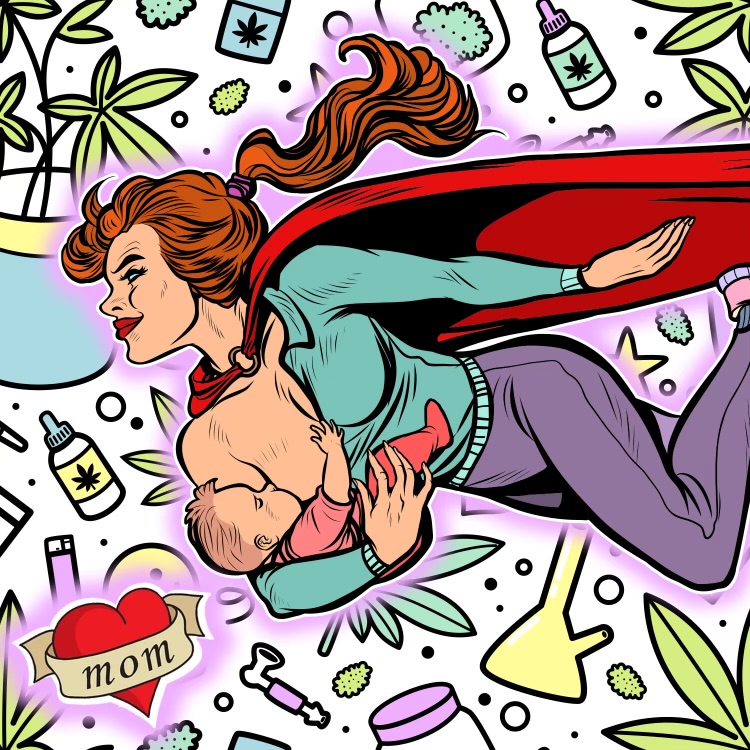Image via Flickr user Venice Beach House
A coalition representing the Canadian cannabis industry has embarked on a campaign to convince government officials to relax the advertising restrictions on marijuana products. A task force appointed by the Canadian government has previously recommended that advertising restrictions for cannabis should closely follow those placed on Canadian tobacco products, requiring plain packaging only listing basic information such as the company name, strain, and price.
The Coalition for Responsible Cannabis Branding, which represents 17 canna-businesses across the country, has proposed that the government instead use alcohol advertising regulations as a guideline for the Great White North’s legal marijuana industry. Under the Coalition's proposal, canna-businesses would agree not to target minors through their advertising as well as not to “attempt to influence adult non-consumers of psychoactive cannabis products to become consumers.” The proposed rules would require all advertisements to contain responsible use statements, and would only allow advertisements to promote individual cannabis brands, not cannabis in general.
"We're committed to building a competitive legal cannabis sector and working with federal, provincial and territorial governments as a long-term partner," said Cameron Bishop, Co-Chair of the Coalition for Responsible Cannabis Branding, in a statement. "If adopted by the federal government, we believe these guidelines will help ensure that the legal industry can effectively compete against the illicit market."
With debates like these looming large over the country's legal cannabis industry, some experts are doubting that legislators can sort out all the issues related to legalization by the proposed deadline of July 1st, 2018. "I think when we say we want to begin in July 2018, that's as particular as I get," said Bill Blair, “pot czar” and parliamentary secretary to the Ministers of Justice and Health, to CBC News. "I think ideally we'd be ready before the beginning of July, but again, there's a lot of things to be taken into account."
Before an official date for legalization can be set, the Canadian House of Commons and the Senate must both pass the legalization bill, after which the country's cabinet must create an additional order to set the official start date. Several of the country's Senators have told the press that they may not even be done studying and debating the bill by next July. The passage of the legalization bill also hinges on the passage of a second bill that would impose restrictions and regulations on cannabis-impaired driving.
Every individual Canadian province and territory will also have their own say as to how they want to handle legalization in their own jurisdiction. Ontario, New Brunswick, Manitoba and Alberta have announced their strategies for legalization, but most other local governments are still debating the finer details of cannabis regulation. "The readiness of the provinces is important," Blair said. "It isn't easy. This is not a simple matter. It's a pretty significant shift. Yet everyone has been working hard on it."











